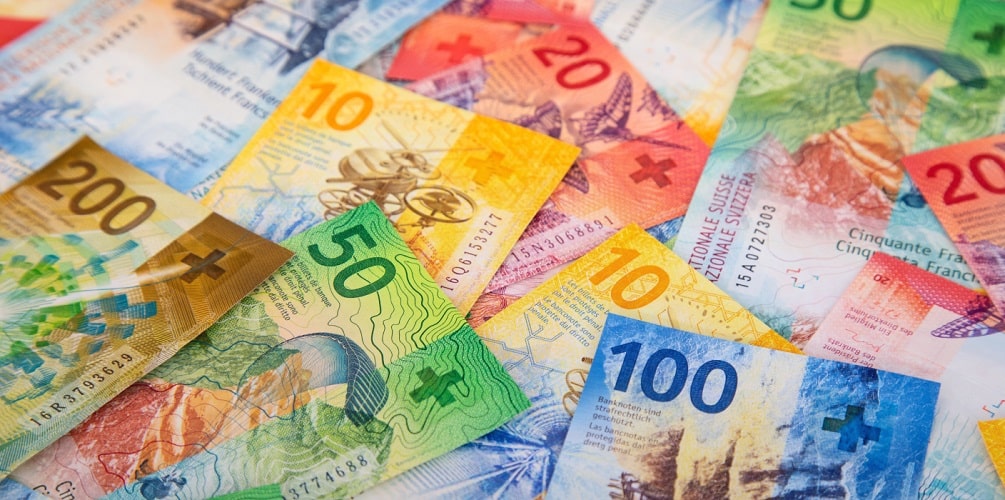The euro reached a yearly low against the Swiss franc at €1.0504 at the end of last week, in an increasingly risk-averse environment. The single currency has not only lost ground against the Swiss franc, it has also fallen against other safe havens, the US dollar and the Japanese yen. The rise in the geopolitical risk combined with the unequivocal confirmation that a sharp rebound in economic activity is a fantasy have led market traders to fall back on currencies which are considered to be safe.
The Chinese statistics for the month of April, which serve as advance indicators for what awaits Europe and the US in the weeks and months to come, are not reassuring. Overall, they confirm that the damage to demand is huge, even after the lock-down measures have been lifted. Retail sales are down 7.5% year-on-year with a double-digit fall for several sectors such as catering or the hotel sector. Investment is down 10.3% but industrial production is up 3.9%. So it looks like coronavirus will have a lasting impact on demand, while supply can recover quite quickly, once the health situation has improved. Judging by economic developments in China, we certainly cannot expect an immediate rebound in consumption once the lock-down has been completely lifted in developed countries, by the end of June at the latest. The return to normal will take time and it is highly likely that, against the backdrop of a sharp rise in unemployment, the tendency for households to save will increase substantially, particularly in France where such a reaction is a classic phenomenon in times of heightened uncertainty. So this is bad news for all those who thought that the coronavirus crisis would be temporary. It is also an important signal for the currency market since the longer the crisis lasts, the more it will benefit safe haven currencies.
In addition to the economic crisis, there is a risk of a geopolitical crisis, since the tensions between Washington and Beijing have been growing for several weeks. In the space of a week, the White House has threatened to cut all links with China and Ppresident Xi Jinping, and has also accused Beijing of hacking US research on a covid-19 vaccine. More and more analysts fear that the trade agreement signed between the two countries in January this year will be called into question and that the Trump administration, with an eye on this autumn’s presidential campaign, will be inclined to increase tensions in order to create a kind of national unity around the president. It would be a valid strategy since, according to a recent survey, the percentage of Americans with a negative view of China has reached a record high of 66%. In other words, if you want to win the US elections in November, you should adopt an uncompromising position towards China.
If, as we believe, the economic and geopolitical context continues to deteriorate in the medium term, this will seriously complicate the task of the BNS, the Swiss central bank. Last week, the critical minimum rate of 1.0500 was attacked, but the central bank resisted. Thomas Jordan, chairman, publicly reaffirmed the bank's determination to continue to intervene on the currency markets in order to limit the franc’s appreciation. In the month of April alone, the BNS had to spend CHF 40.7 billion to counter the market pressure, causing a plunge in its currency reserves to CHF 800 billion. For the moment, it is clear that the BNS still has substantial room for manoeuvre in its forex operations. However, the more the economic environment deteriorates, the higher the cost of the central bank’s interventions will be. Although it is too early to envisage a scenario similar to that of 2015 (when the BNS suddenly abandoned the minimum rate of 1.20), this fear is now in the minds of all traders. In the short term, we think that the EUR/CHF rate will continue to move close to the 1.05 mark. A technical rebound towards 1.0630, which is the main resistance of the currency pair, seems very unlikely at this stage.
Economic calendar
| DATE | CURRENCY | EVENT |
|---|---|---|
| 19 May | EUR GBP |
ZEW economic sentiment index in Germany |
| 21 May | USD |
Philadelphia Fed Manufacturing Index |
| 22 May | EUR |
SMI manufacturing in Germany |
Topics






